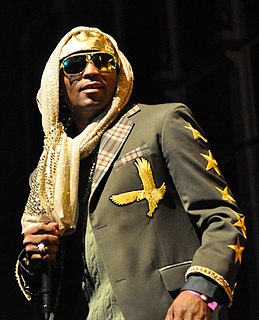A Quote by Kristin Cashore
His name was Death. It was pronounced to rhyme with "teeth", but Bitterblue liked to mispronounce it by accident on occassion.
Related Quotes
Part a of scene from 'Bitterblue' between Madlen (Bitterblue's medicine woman) and Bitterblue: Madlen came to sit beside her [Bitterblue] on the bed. "Lady Queen," she said with her own particular brand of rough gentleness. "It is not the job of the child to protect her mother. It's the mother's job to protect the child. By allowing your mother to protect you, you gave her a gift. Do you understand me?
This is what rhyme does. In a couplet, the first rhyme is like a question to which the second rhyme is an answer. The first rhyme leaves something in the air, some unanswered business. In most quatrains, space is created between the rhyme that poses the question and the rhyme that gives the answer - it is like a pleasure deferred.
Human stories are practically always about one thing, really, aren't they? Death. The inevitability of death. . . . . . (quoting an obituary) 'There is no such thing as a natural death. Nothing that ever happens to man is natural, since his presence calls the whole world into question. All men must die, but for every man his death is an accident, and even if he knows it he would sense to it an unjustifiable violation.' Well, you may agree with the words or not, but those are the key spring of The Lord Of The Rings
He raised his eyes. "Sister. See. This time I knew you." Asha's heart skipped a beat. "Theon?" His lips skinned back in what might have been a grin. Half his teeth were gone, and half those still left him were broken and splintered. "Theon," he repeated. "My name is Theon. You have to know your name.





































